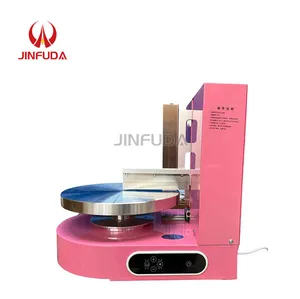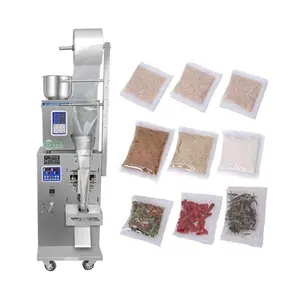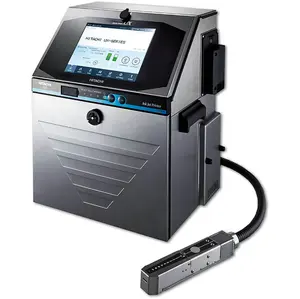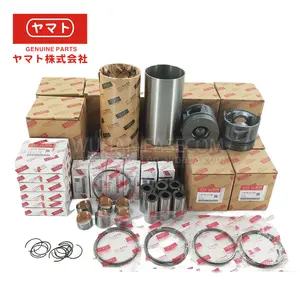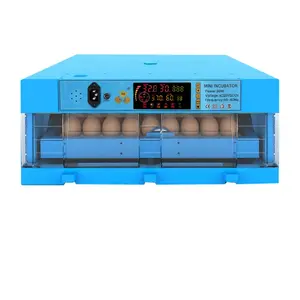Popular in your industry































































Related Searches:












































































































































Top categories
About 24 eggs incubator
An egg incubator is a device that provides a controlled environment for eggs to hatch by regulating temperature, humidity, and ventilation. The 24 eggs incubator provides a specific capacity for hatching eggs, typically designed to accommodate a specific number of eggs. In this case, a 24-egg incubator is specifically designed to hold and hatch up to 24 eggs at a time. The Borotto Real 24 incubator is designed to ensure optimal conditions for the incubation and hatching of a batch of eggs.
Types of 24 eggs incubators
There are various types of 24 eggs incubators available, catering to different needs and preferences. Some may be simple, manual models, while others are more advanced with automatic features for temperature and humidity control. The Brinsea Maxi 24 Advance is an example of a more advanced model with features like automatic temperature control and digital displays. Certain incubators are designed for specific types of eggs, such as those for poultry, birds, or reptiles. Some 24-egg incubators may also be portable and lightweight, making them suitable for small-scale hatching operations or for users with limited space. Additionally, incubators may vary in their power source, with options for electric, battery-operated, or even solar-powered models. These different types of incubators provide users with flexibility and options to choose the one that best suits their specific hatching requirements.
How to use a 24 eggs incubator
Using a 24-egg incubator involves a few key steps to create the optimal environment for the eggs to hatch successfully. First, it is essential to set up the incubator in a stable location away from direct sunlight and drafts. Before placing the eggs inside, the incubator should be turned on and allowed to stabilize to the desired temperature, typically around 99-100 degrees Fahrenheit for bird eggs. The user manual should provide specific temperature recommendations for the type of eggs being incubated. Once the temperature is stable, the eggs can be gently placed inside the designated slots or trays, being careful not to jostle or rotate them excessively.
It is important to maintain consistent temperature and humidity levels throughout the incubation period. Regularly check and adjust the temperature as needed, especially if the incubator does not have automatic temperature control. The humidity level is also crucial for the health of the developing embryos, with specific requirements depending on the type of eggs. Some incubators may have built-in humidity controls, while others may require manual adjustments using a hygrometer and adding water to the reservoir. It is important to turn the eggs regularly during the incubation process to prevent the embryos from sticking to the shell.
What eggs are suitable for the 24 eggs incubator
A 24-egg incubator is suitable for hatching a variety of eggs, making it a versatile option for small-scale hatcheries or individuals interested in incubating a moderate number of eggs. Poultry eggs, such as chicken, duck, quail, and turkey, are commonly incubated in a 24-egg incubator. The Janoel 24 incubator can effectively accommodate these types of eggs. Additionally, the Janoel 24 egg incubator can be used for hatching a range of bird eggs, including those of finches, parrots, and other small to medium-sized bird species. Some reptile eggs, like those from geckos or certain snake species, can also be successfully incubated in a 24-egg incubator, providing the temperature and humidity requirements are suitable for the specific reptile species.

